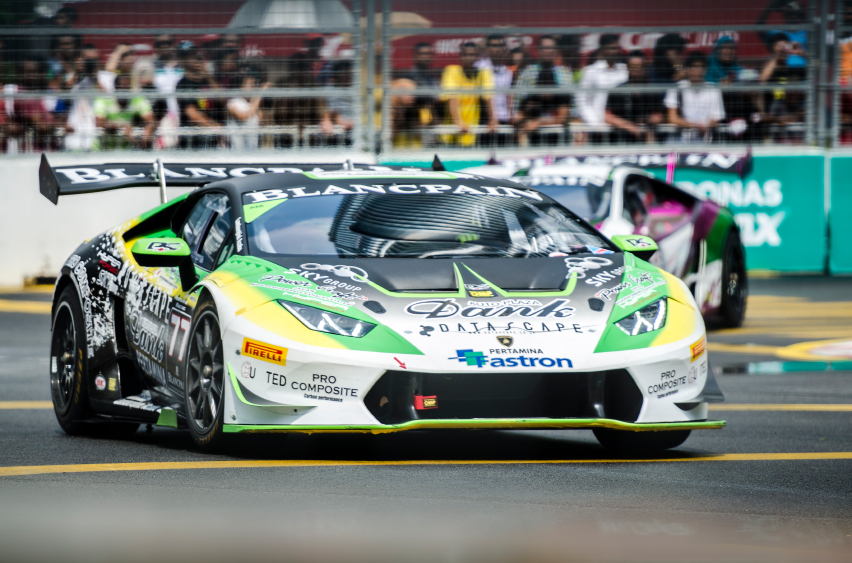
But what’s the difference between the two? Which measure is more important for your car? And how do horsepower and torque figures affect what auto mechanics can expect when working on a specific vehicle?
Read on to find out what some professional auto mechanics have to say about the key differences between these two important performance specs.
1. Professionals with Auto Mechanic Certification Measure Horsepower and Torque Differently
While horsepower and torque are closely related concepts, they measure two very different kinds of power. Torque is the rotational force produced by the engine’s crankshaft. In North America, it’s measured in pounds of force to feet (lb-ft), while in Britain it’s measured in Newton metres.
Horsepower is actually a measure of the time it takes to produce a certain amount of torque. Interestingly, it relates to the average workrate of actual horses, which Scottish engineer James Watt estimated at 33,000 lb-ft per minute. That means a 435hp Ford Mustang, for instance, literally has the power of 435 horses!
2. Auto Mechanic Career Pros Know That Torque is What Gets Engines Going
While horsepower figures are trumpeted more loudly by automakers, torque is arguably far more important when it comes to everyday driving. According to auto mechanic career professional Arron Johnson of Bad Ass Cars, “Horsepower doesn’t even come into play until above 5,200 RPM, so 95% of your driving relies on raw torque, not horsepower.” Torque is also important when assessing a vehicle’s ability to carry heavy loads. Large diesel-powered trucks, for example, need to have high lb-ft numbers.
3. Auto Mechanic Apprenticeship Students Learn the Importance of HP at High Speeds
Of course, a student completing their auto mechanic apprenticeship shouldn’t discount the importance of horsepower completely. Once an engine goes above 5,252 rpm, horsepower is greater than torque, and a much better indicator of how an engine performs at high speeds, which is why horsepower is so important in relation to motor racing.
4. Torque Can Limit Accident Damage During Your Auto Mechanic Career
Auto mechanics should also be mindful of the difference horsepower and torque can make to the damage experienced by a vehicle in an accident. As Arron Johnson says “Horsepower is how fast you hit the wall. Torque is how far you move that wall.” Vehicles with good torque generally experience less damage, while cars with higher horsepower absorb a far greater impact in collisions.
Interested in learning more about the inner workings of your car’s engine?
Contact us to find out more about auto mechanic certification.


